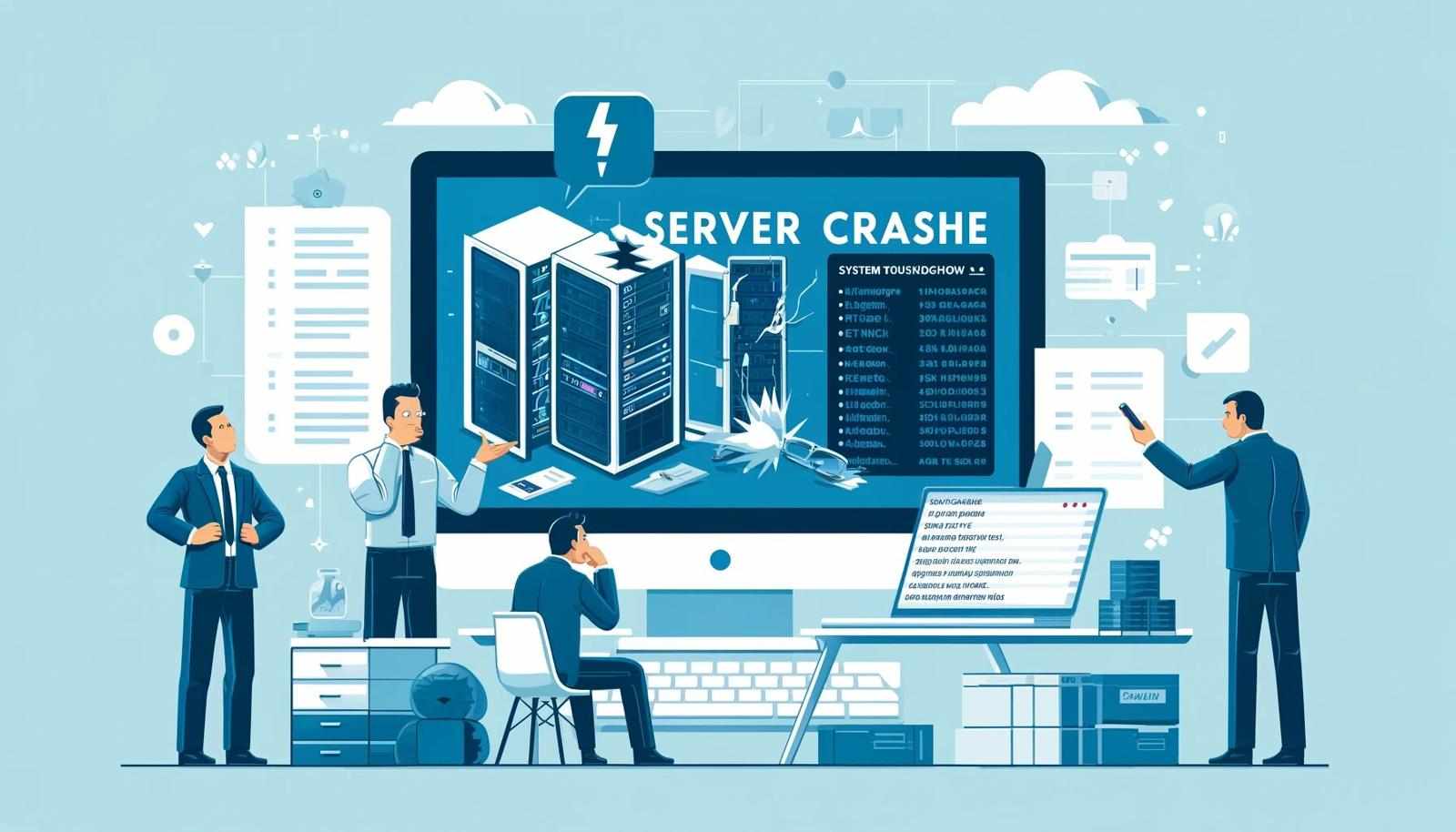
Timely invoice payments are crucial for maintaining healthy business relationships and ensuring smooth cash flow. However, many companies struggle with late payments due to inefficient processes, errors, or miscommunication. If businesses want to avoid payment delays, they need to follow certain best practices. Here are some effective ways to ensure invoices get paid on time.
1. Send Accurate and Clear Invoices
One of the most common reasons for delayed payments is incorrect or unclear invoices. To avoid issues, always ensure that invoices contain the correct information, such as:
Invoice number and date
Payment terms
Due date
Breakdown of charges
Correct recipient details
A well-structured and error-free invoice reduces the chances of disputes and speeds up payment processing.
2. Use Automation to Speed Up the Process
Manual invoice processing can be slow and prone to errors. By using automated tools, businesses can send, track, and process invoices faster. Automation helps with:
Reducing human errors in data entry
Sending automatic reminders for due payments
Ensuring invoices are delivered to the right person
With automated systems, businesses can eliminate delays caused by misplaced or forgotten invoices.
3. Set Clear Payment Terms
Clearly defined payment terms help businesses avoid confusion and ensure timely payments. Businesses should:
Specify payment due dates (e.g., Net 30, Net 15)
Include late payment penalties
Offer discounts for early payments
Clear communication about payment expectations helps clients plan their finances accordingly and reduces the chances of delayed payments.
4. Follow Up with Clients
Sometimes, businesses need to remind their clients about upcoming payments. Sending a polite follow-up email or making a call before the due date can help prevent delays. Companies can also set up automated reminders to notify clients of unpaid invoices.
5. Offer Multiple Payment Options
A major reason for payment delays is limited payment options. To make it easier for clients to pay, businesses should offer multiple payment methods, such as:
Bank transfers
Credit or debit cards
Online payment gateways (PayPal, Stripe, etc.)
Providing flexible payment options ensures clients can make payments conveniently, reducing delays.
6. Track and Monitor Payments
Keeping track of invoices and payments helps businesses identify and address issues quickly. Using financial management software, companies can:
Monitor outstanding payments
Send reminders to clients
Generate reports to analyze payment trends
This proactive approach ensures that businesses stay on top of their cash flow and minimize payment delays.
7. Implement AI-Based Solutions
Artificial intelligence is transforming the way businesses handle invoices. AI Invoice Processing helps companies streamline their accounts payable by automatically scanning, verifying, and categorizing invoices. AI can detect errors, match invoices with purchase orders, and flag potential issues before they cause payment delays.
By using AI-driven solutions, businesses can significantly reduce processing time and improve payment efficiency.
8. Maintain Strong Client Relationships
Good communication and strong relationships with clients can help prevent payment delays. Businesses should:
Communicate payment expectations early
Address concerns or disputes quickly
Build trust by being transparent about payment terms
When clients value their relationship with a business, they are more likely to prioritize timely payments.
9. Review and Improve Payment Processes Regularly
Businesses should regularly review their invoicing and payment processes to identify areas for improvement. If delays are common, companies should assess:
Whether their invoicing system is efficient
If their payment terms need adjustments
How well their follow-up process works
Making small improvements over time ensures a smoother invoicing system with fewer delays.
Conclusion
Avoiding invoice payment delays requires a combination of clear communication, automation, and proactive tracking. Businesses that invest in efficient systems, including AI Invoice Processing, can reduce human errors, speed up approvals, and improve overall payment flow. By following best practices, companies can ensure invoices are paid on time, leading to better financial stability and stronger business relationships.













Write a comment ...